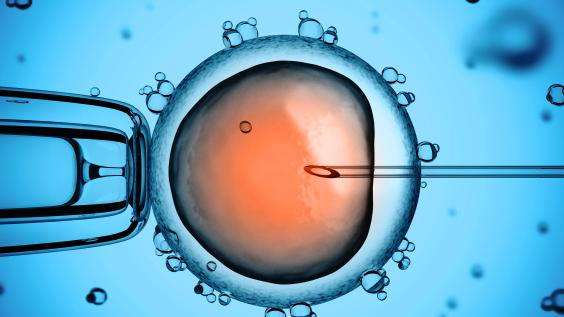Are We Ready to Genetically Modify a Human Embryo? Or Is It Too Late to Ask?

Table of Contents
Author(s)
Kirstin R.W. Matthews
Fellow in Science and Technology PolicyAna S. Iltis
Nonresident Fellow for Biomedical Research PolicyAbstract
After the announcement that a scientist genetically altered human embryos and implanted them for gestation last November, the increased discussion has revolved around the ethical lapses that occurred in the process. The scientist, He Jiankui, forged ethical approval documents, chose a disease target that is preventable and treatable, and did not replicate a naturally occurring mutation, creating a new mutation instead. Aside from these and other ethical concerns about his procedure and protocol, several fundamental questions remain: should scientists be altering the human germline at this time and, if so, under what circumstances? If not, under what circumstances might such research be permissible, if at all? And who should make these decisions? We believe that it is too early for this research to be conducted in embryos intended for gestation. Additional safety and efficacy research on animal and non-implanted embryos is needed. But more importantly, a broad societal conversation should inform decisions about the future of germline editing, including determining the scope of relevant ethical considerations, such as the conditions under which the research is ready for human application (if at all), and the oversight such research requires.
Read the full article in Accountability in Research (subscription required).


